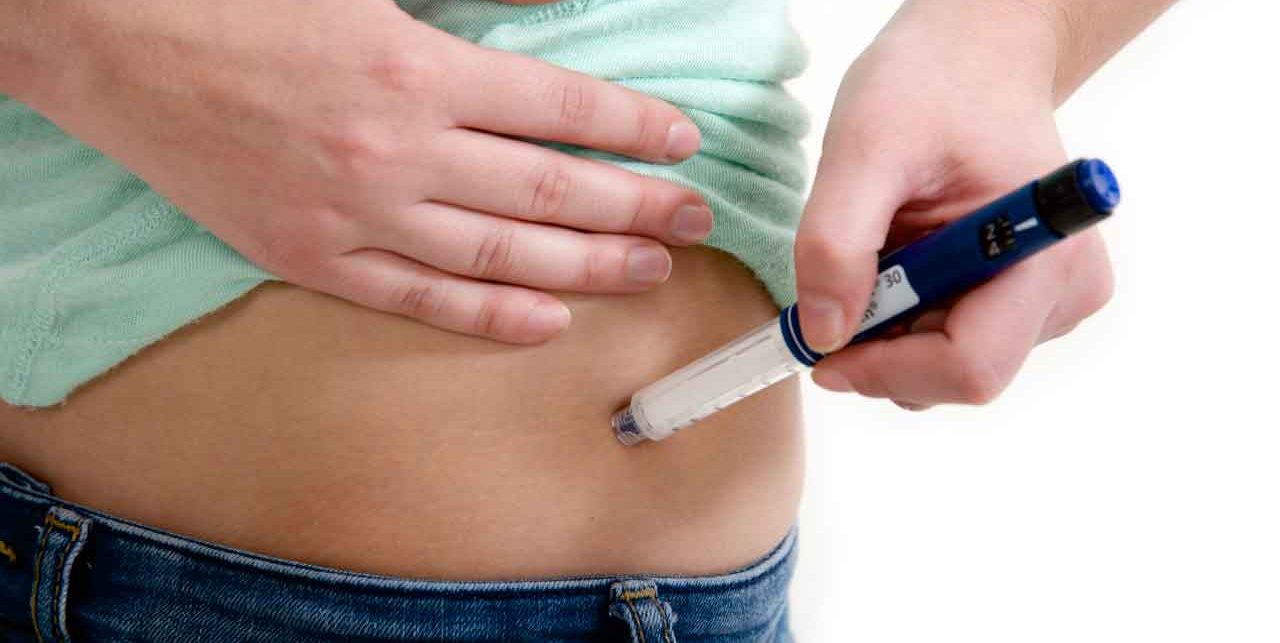Can You Stop Insulin Shots for Type 1 Diabetes?

People with type 1 diabetes still need to take insulin, but several treatments in the pipeline may help them produce their own. Here's what you should know.
Nearly two million Americans have type 1 diabetes. They are unable to produce insulin, one of several hormones that regulate blood sugar levels.
That’s a dangerous situation. High blood sugar may damage nerves and blood vessels. If your blood sugar falls too low, you could lose consciousness.
YOU MIGHT ALSO LIKE: Will There Be a Vaccine for Type 1 Diabetes?
In type 1 diabetics, immune cells attack other cells in the pancreas that produce insulin.
Cures focus on ways to help restore that key function, freeing patients from insulin shots. In one example, an infusion of pancreas cells cured a retired postal worker. Grown from stem cells, the new cells allowed his body to produce insulin. It’s not clear whether the treatment will be safe and work for everyone — or for how long. But it provides hope.
It’s also possible to take insulin-making cells, called islet cells, from a healthy pancreas of a deceased person and inject them into a person with type 1 diabetes. In one set of clinical trials, more than half of the most seriously affected patients didn’t need insulin shots for years after they received a form of the procedure, called an islet cell transplant. Such transplants occur in Australia, Canada, the United Kingdom, and parts of Europe. In the United States, they are considered experimental.
Another avenue of research targets cells called T-regulators (T-regs), which normally prevent the immune attack that occurs in type 1 diabetes. Healthy people have billions of the cells, but too many are defective in people with type 1 diabetes.
In one study, researchers took blood samples from participants, separated the T-reg cells, removed defective ones, and treated the healthy T-regs to boost their numbers. Then the researchers infused the T-regs back into the participants’ blood. After a month of weekly checks for side effects, the participants didn’t need regular blood sugar tests during the next five years.
None of them suffered suspected possible side effects: a reaction to the infusion, inflammation caused by the T-regs, or an increase in infections.
Several ways to boost T-regs are in the works. That strategy could be helpful for a long list of autoimmune conditions (when immune cells, which attack invaders, target other needed body cells instead). Such treatments could also enable more people to accept organ and bone marrow transplants.
YOU MIGHT ALSO LIKE: How to Monitor Blood Sugar without a Finger Prick
Updated:
April 13, 2023
Reviewed By:
Christopher Nystuen, MD, MBA and Janet O'Dell, RN